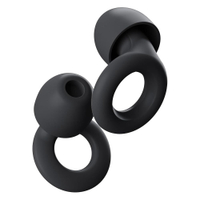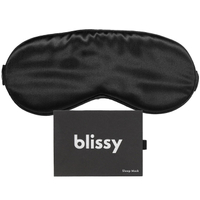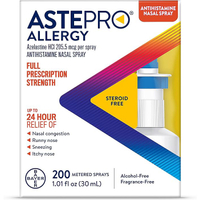How to sleep well when traveling this summer — my top 5 tips
Sorry, hotels, but I never leave home without a clean pillowcase
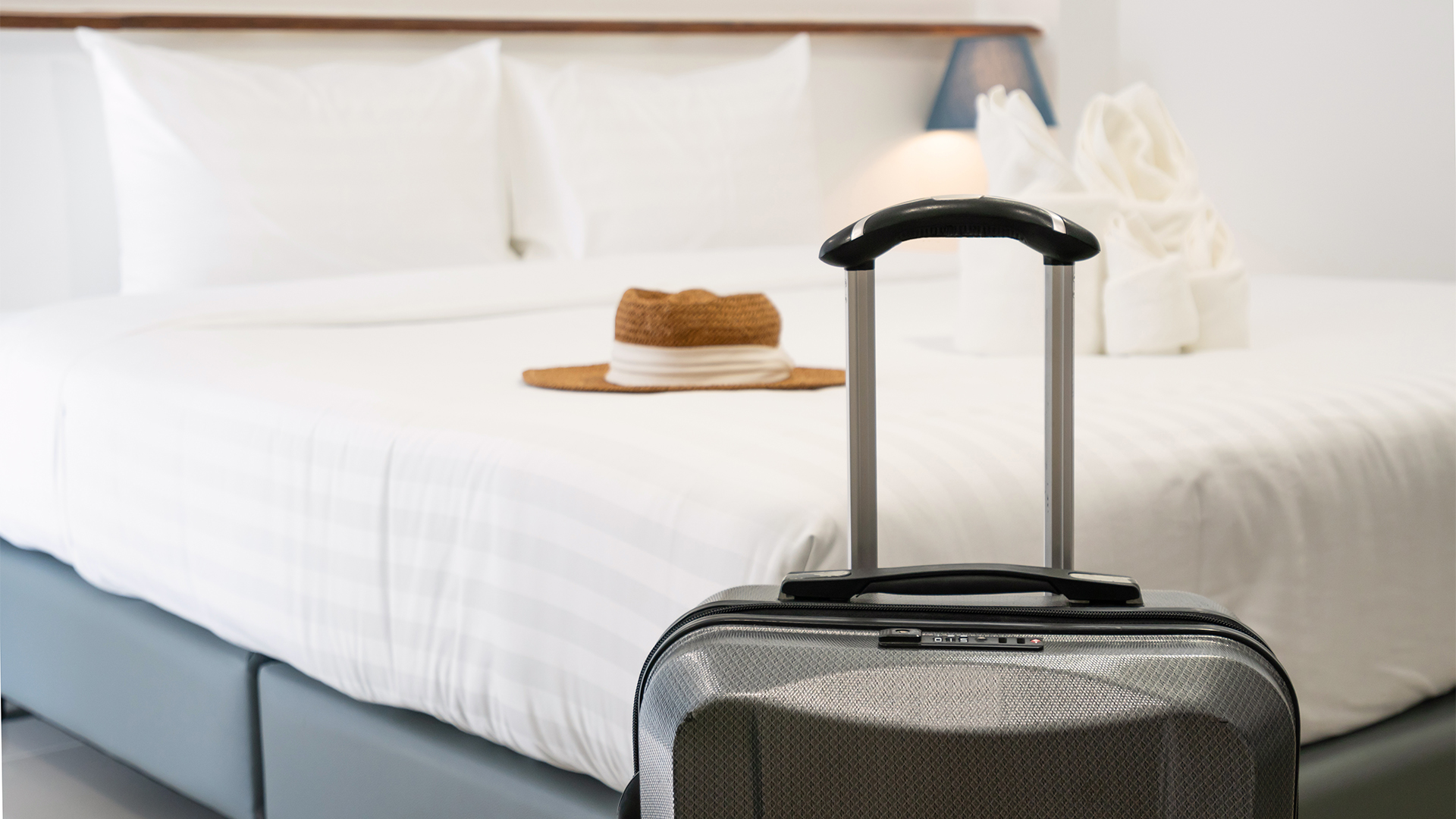
Sleeping well when traveling can be a tough task, as you're leaving behind all those home comforts that make falling asleep easy. Plus, you're trying to adjust to new places. As a sleep writer, I've found the best way to sleep well when traveling is to hold on to my bedtime routine as much as possible, without letting it compromise my vacation fun.
That means a sleep eye mask is my number one travel companion, and even though I can't take my bed with me, I can pack one of my pillowcases for some familiarity. Below are my tried and tested tips for how to sleep better when travelling, but if you're having trouble sleeping at home and when you're on vacation, then it could be time to speak to a professional to get some help.
If you suspect your bed is the reason for your poor sleep, then it might be time to invest in a new mattress – our guide to this year's best mattresses for all sleepers and budgets will help you find your dream bed for better sleep.
My top 5 tips for sleeping well when traveling
1. Try sticking to your bedtime routine
Traveling tends to be a time when routine goes out the window, but if you want to properly enjoy your vacation, it's worth making the effort around your sleep. Keep to a similar nighttime routine, and although the 10-3-2-1-0 method might not fit your vacation plans, avoid too many late night indulgences.
In addition, a 7am alarm is a vacation nightmare, but try to wake up at roughly the same time every day – it will help you fall asleep the next evening.
If you're hopping from state to state or country to country, maintaining consistency can be a tough task. Try scheduling set times to sleep, once you know your plans. Naps can be helpful on the go, but keep them under 20 minutes and avoid napping in the afternoon. Heading into a different time zone? Stick to the local times to offset jet lag.
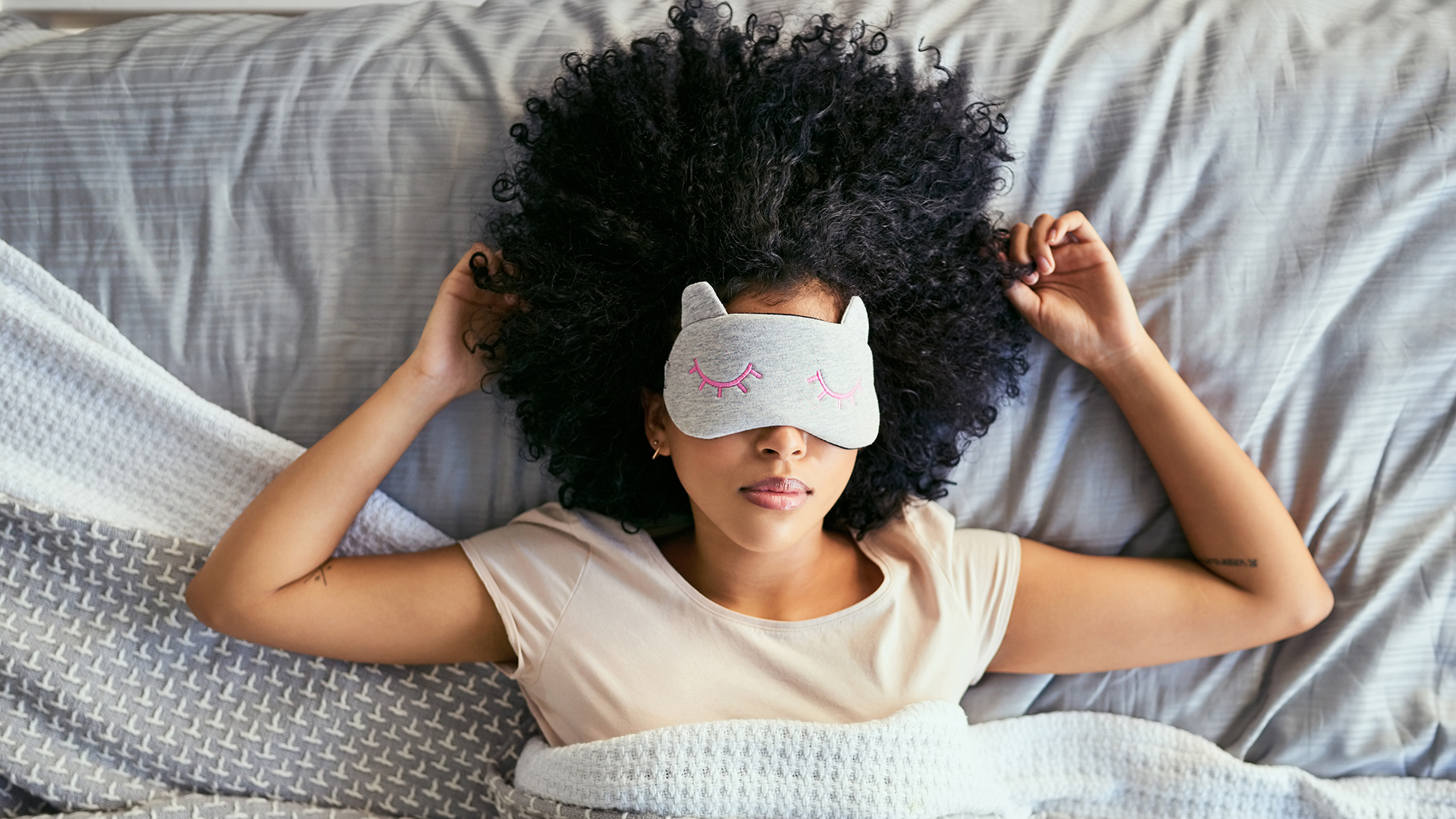
2. Pack a sleep eye mask
I never go on an overnight trip without my eye mask, but I learned that the hard way. An eye mask blocks out the light whenever or wherever you might need some shut eye, which makes it particularly useful in transit. It's also hard to predict how dark a hotel room will be, but with an eye mask, you don't have to worry about inconvenient light sources keeping you up.
Sign up to get the BEST of Tom's Guide direct to your inbox.
Get instant access to breaking news, the hottest reviews, great deals and helpful tips.
Another advantage of the eye mask is that by placing you in darkness, it hides unfamiliar places. It's hard to sleep if you're feeling hyper-aware that you're somewhere new, but with an eye mask, you could be anywhere – including your own bedroom.
3. Take your own pillowcase
Sleep doctor Sujay Kansagra recommends (see video below( packing your own bedding when traveling to remind you of your home environment, and there's nothing easier to pack than a pillowcase. As well as the familiar smell of home helping target anxiety, using your own pillowcase can ensure allergy sufferers enjoy a more pleasant night's sleep.
Another tip for those struggling to sleep from allergies is to pack an allergy blocker spray. This simple spray can provide relief from allergy symptoms, and as mattresses and pillows are a prime hiding place for allergens, it's particularly useful before bed.
A post shared by Sujay Kansagra, MD (@thatsleepdoc)
A photo posted by on
4. Invest in some sleep ear plugs
Traveling brings with it a world of new experiences, including some noises you never thought you would hear in the night – who knew some garbage trucks started their rounds at three in the morning? Small and convenient, ear plugs fit in your purse or even your pocket, so you can always have a pair with you. Very useful if your hotel neighbors are noisy or your travel companion is reacting to the sea air by snoring.
5. Get your room temperature right
According to experts, the perfect temperature to fall asleep is between 60 and 68 degrees F (16 to 20 degrees C). This slightly lower temperature follows the natural circadian rhythm of your body, which tends to cool as we get sleepy.
Achieving this perfect temperature can be hard when on vacation, but if you're in a hotel with a thermostat, make sure to adjust it before bed. If you don't have thermostat privileges, pack breathable pajamas and enjoy a lukewarm shower in the evening. On the go, try cooling your pulse points with cold water. And if you're heading somewhere cold, pack warm sleepwear and sip a warm drink before bed.
My top 3 travel accessories for better sleep
1. Loop Quiet Ear Plugs: from $27.95 at Amazon
Made from soft silicone, Loop Ear Plugs are comfortable and reusable, blocking out background noises to help you sleep in peace. They're also useful on the go, helping reduce the disruptive noise of trains and planes. With four different tip sizes included you can ensure a comfortable fit for enhanced noise reduction.
2. Blissy Silk Sleep Mask: was from $49.95 now $25.98 at Amazon
Providing total blackout so you can achieve sleep conditions everywhere from your hotel room to the airport, the Blissy Silk Sleep Mask is a convenient travel companion. The 100% silk build gives the Blissy Sleep Mask a lightweight and breathable feel (useful if you're traveling to hot places) and it's currently up to 48% off at Amazon.
3. Astepro 24-Hour Allergy Relief Nasal Spray: was from $39.99 now $30.12 at Amazon
Summer is already prime time for many allergens and when you're traveling it's much harder to control your environment. A nasal spray can provide much needed relief from allergy symptoms, so you aren't up all night coughing and sneezing – save 25% on the Astepro Allergy Relief nasal spray at Amazon.
Why is it hard to sleep well when traveling?
Kelly Murray, certified pediatric and adult sleep consultant, blames something known as the 'first night effect' for poor sleep when traveling, which she spoke to Tom's Guide about last year. This phenomenon describes the disrupted rest people often people experience during the first night in a new environment (like a hotel).
Kelly attributes the effect to an in-built survival mechanism, with a new place putting us in an a state of increased vigilance. This heightened alertness means we struggle to fall asleep and stay asleep, and are easily woken by minor disturbances. Add on all the other disruptions of traveling – unusual time zones, anxiety, post-dinner cocktails – and you have a recipe for poor sleep.
While the first night in a new place is always going to be a little unusual, Kelly recommends sticking as close to your old routine as possible and engaging in an evening wind-down routine to encourage sleep.
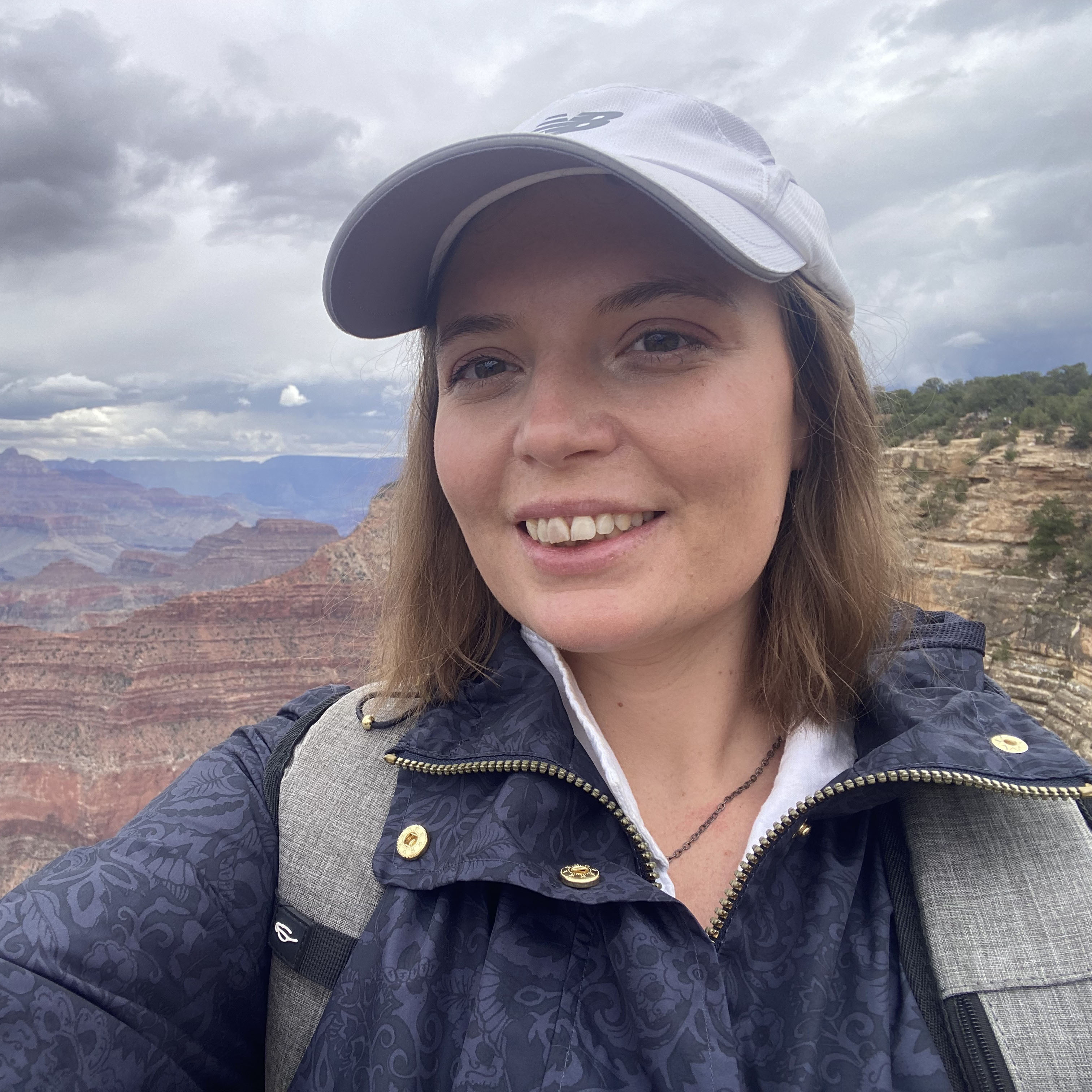
Ruth is a staff writer at Tom’s Guide, covering all things mattress and sleep. She has a deep interest in the link between sleep and health, and has tried enough mattresses to know the right bed really can make a difference to your wellbeing. At Tom’s Guide she writes to help people sleep better, from how-tos to the latest deals to mattress reviews, and has interviewed an array of specialists who share her passion. Before joining the team at Tom’s Guide, Ruth worked as a sleep and mattress writer for our sister website, TechRadar.
